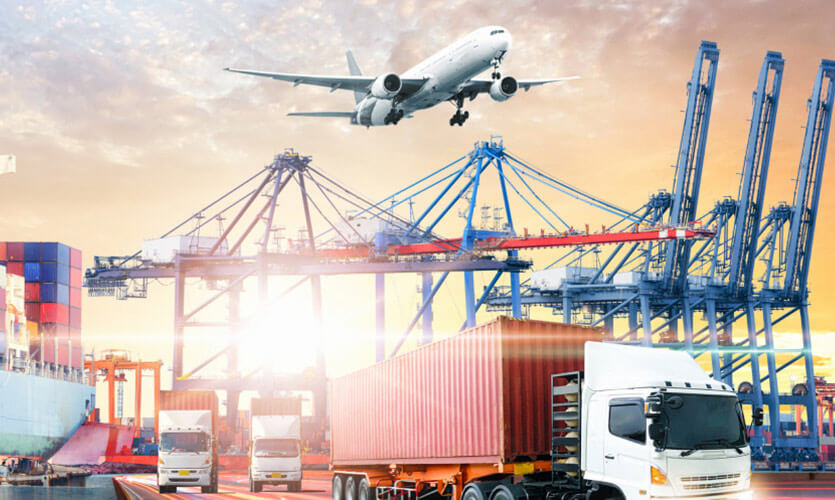
International Transport

International Transport
International transport refers to the movement of goods and services across national borders. It encompasses various modes of transportation, including air, sea, rail, and road. Each mode has its advantages and considerations, such as cost, speed, and accessibility.
Air Freight
Advantages and disadvantages.
Best practices for shipping by air.
Sea Freight
Types of vessels (container ships, bulk carriers, etc.).
Key considerations for ocean shipping.
Road Transport
Cross-border trucking.
Challenges and regulations.
Rail Transport
Benefits of rail for international shipping.
Major rail corridors.
2. Customs Regulations
Understanding Customs Procedures
Import and export documentation.
Customs duties and tariffs.
Compliance and Best Practices
Ensuring compliance with local laws.
Common pitfalls to avoid.
3. Documentation Requirements
Essential Shipping Documents
Bill of Lading.
Commercial Invoice.
Packing List.
Special Permits and Licenses
Import/export licenses.
Certificates of origin.
4. Logistics and Supply Chain Management
Role of Freight Forwarders
How freight forwarders facilitate international transport.
Supply Chain Optimization
Strategies for efficient logistics management.
Tracking and Visibility
Technologies for tracking shipments.
5. Insurance and Risk Management
Types of Insurance for International Transport
Cargo insurance.
Liability insurance.
Risk Mitigation Strategies
Best practices for minimizing risks during transport.
6. Cost Considerations
Factors Influencing Shipping Costs
Weight, volume, and distance.
Budgeting for International Transport
Hidden costs to be aware of.
7. Environmental Considerations
Sustainable Transport Practices
Eco-friendly shipping options.
Regulations and Initiatives
International agreements on emissions and sustainability.
8. Future Trends in International Transport
Technological Innovations
Impact of automation and AI on logistics.
E-commerce and Global Trade
How e-commerce is shaping international transport.
What types of cargo can your service handle?
Our local track transport service is equipped to manage a diverse range of cargo types, ensuring that we meet the unique needs of various industries.
What Are the typical stages of a logistic project?
The typical stages of a logistics project include project initiation, where needs are assessed and stakeholders are engaged; planning, which involves defining the scope, allocating resources, and budgeting; design, where the logistics network and processes are mapped out; implementation, during which plans are executed and staff are trained; monitoring and control, focusing on tracking performance and resolving issues; evaluation, where project success is reviewed and feedback is collected; and finally, closure, which involves finalizing activities, documenting results, and celebrating the team's efforts. Each stage is crucial for ensuring efficient logistics operations and achieving project goals.
Is my technology allowed on tech?
To determine if your technology is allowed on a specific platform, you should consult the platform's terms of service and usage policies. These documents typically outline any restrictions or requirements for technology integration. Additionally, consider checking for compatibility with the platform's existing systems and ensuring compliance with relevant security and regulatory standards. If you have any uncertainties, contacting the platform's support team can provide further guidance.
Can you assist with customs clearance procedures?
Yes, We can assist with customs clearance procedures by providing guidance on the necessary documentation, such as commercial invoices, packing lists, and import/export permits. It's important to ensure that all paperwork is accurate and complete to avoid delays. Additionally, I can help you understand the applicable tariffs, duties, and regulations for your specific goods, as well as advise on best practices for compliance with customs authorities. If needed, I can also recommend resources or professionals who specialize in customs brokerage.
